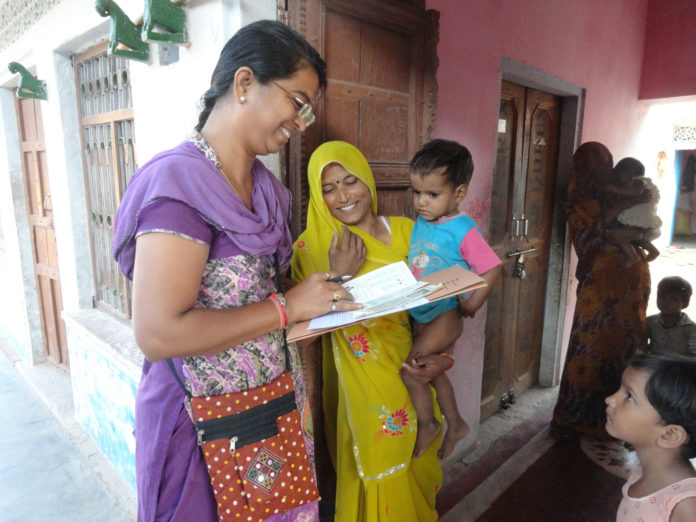A recent news report that exposed “huge gaps” in screening is not something the government did not know about
Cancer kills over 9 lakh Indians every year yet India has not made any meaningful interventions towards lessening that burden; in fact 13 years after the government of India rolled out a programme to screen for breast, cervical and oral cancer, it is still a non-starter.
A recent The Indian Express report has exposed how even a new flagship programme – Ayushman Bharat – and its freshly rechristened primary healthcare centres, the Ayushman Arogya Mandirs have failed equally to achieve this basic public health requirement as had been the National Programme for Prevention and Control of Cancer, Diabetes, Cardiovascular Diseases and Stroke (NPCDCS) launched in 2010 during the UPA era. The newspaper reported that a stocktaking done by the NITI Aayog has flagged “huge gaps” in cancer screening. The report has been in existence for some time now but the ministry of health and family welfare has chosen to sit on it rather than action remedies that can address the situation.
Teams from NITI visited 93 HWCs across 37 districts in 12 states and one Union Territory over a period of four months and came to the conclusion that: “Screening for breast cancer is being administered by educating beneficiaries to undertake self-examination. Provision for screening of cervical cancer is yet to be operationalized. Screening for oral cancer is performed on a case by case basis, depending on tobacco consumption habits or any other visible symptoms. Presently, suboptimal cancer screening activities are a huge gap.”
That the gaps exist is evident also from the National Family Health Survey 5 (2019-2021) data too. This document, which is the most comprehensive assessment of health parameters at the population level in India shows that 1.9% women have ever undergone screening for cervical cancer, 0.9% women have ever undergone screening for breast or oral cancer and only 1.2% men have ever undergone screening for oral cancer. It is also a very telling statistic that screening for cancer – or in this case the lack of it – affects women much more than men as two of three cancers occur almost exclusively in women and are in fact the two top killers in the cancer spectrum. Breast and cervical cancer have been the top two in India for perhaps as long as the population based cancer registries have existed in the country. Screening can help detect these cancers earlier and in many cases that changes the prognosis of the disease significantly. On a related but different note, the plan to roll out HPV vaccinations too needs to be actioned now instead of being left to the choice of states as was done in the interim budget earlier this year.
When detected with cancer there are currently huge gaps also in the accessibility and affordability of cancer care too that largely remain unaddressed. Many poor people even after the advent of AIIMS-like institutes and the Pradhan Mantri Jan Arogya Yojana that gives a family health cover of Rs 5 lakh per annum to eligible families continue to reach tertiery care centres when there is little or no hope of recovery losing their life’s savings and livelihoods in the process.
While national level estimates of the cost of cancer care are hard to come by, a localised study in Kerala estimated that economic burden of cancer in this Vypin Block Panchayat was found to be Rs. 218,256,977/-.”Direct cost for cancer care contributed 75% toward the cost of illness and the remaining was found to be indirect cost. Loss of income (44%) contributed to the largest chunk of indirect cost. The average direct cost for cancer care was found to be Rs. 25,606 and the average indirect cost was Rs. 8772. The average total cost of cancer care was calculated to be Rs. 34,378. Significant statistical variation was found between the cost of cancer care in private and government hospitals,” says the 2020 study.


